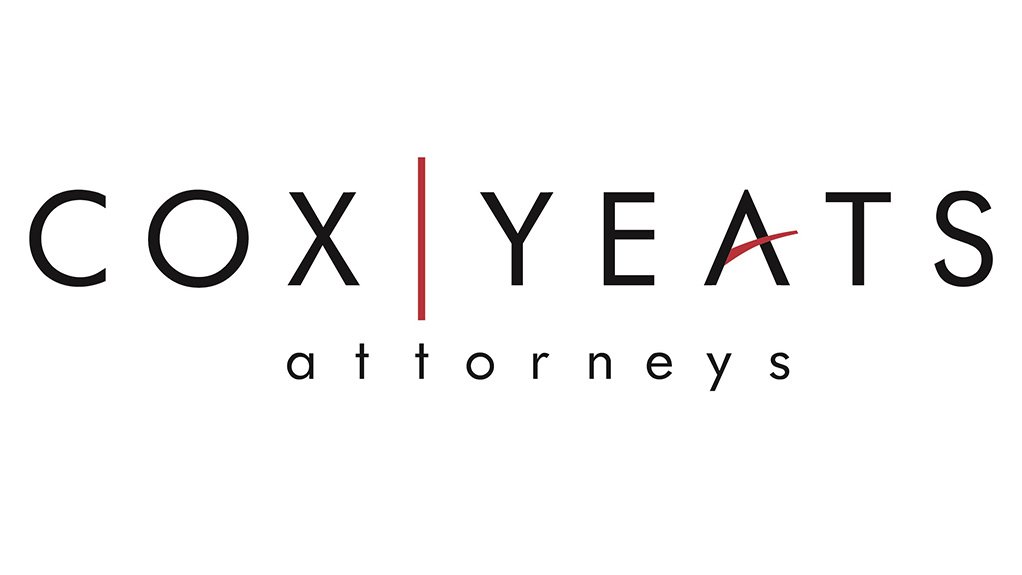Challenge To 2018 Mining Charter
On 21 September 2021, the High Court, Pretoria, set aside various provisions of the 2018 Mining Charter (the Charter) following a review application brought by the Minerals Council of South Africa. The Court confirmed that the Charter is a policy document and is not legislation. It applies only when a decision is to be made by the Minister in terms of the MPRDA which requires the policy input set out in the Charter.
The Minister, on the other hand, contended that the Charter was binding subordinate legislation and all mining companies were obliged to comply with the Charter, as amended from time to time. In particular, the Minister contended that, in order to achieve the objective of transformation in the minerals industry, the Minister could, from time to time, amend the Charter and accordingly, the legal rules which would have application to all mining companies.
The original Charter had been published in 2004. In 2010, the Minister adopted a new Charter and in 2018, a further Charter was adopted. These Charters repealed the 2004 Charter and adopted a prescriptive approach by imposing sanctions for non-compliance.
The judgement is important because it makes it clear that the Minister may not impose new conditions on mining companies, particularly where the mining company has had its rights converted in accordance with old versions of the Charter. The Court found that the original Charter, published in 2004, was a document recording a pact between the Government and the mining industry in which they both committed themselves to a framework for progressing the empowerment of previously disadvantaged South Africans in the mining and minerals industry with a timetable and aspirational targets. It set out the factors which would be taken into account in making licencing decisions.
This was not law, but rather policy and was aimed to achieve a balance between the need for legal certainty and security and transformation.
The Court accepted that the Minister could achieve transformation through the grant of a mining right which incorporated, as a standard term, that the holder comply with an empowerment agreement which was consistent with the Charter.
That standard term, as recorded in the judgement, normally reads as follows:
“In the furthering of the objects of this Act, the holder is bound by the provisions of an agreement or arrangement dated … entered into between the holder/empowering partner and … (the Empowerment Partner) which agreement or arrangement was considered by the Department for the purposes of compliance with the requirements of the Act and/or Broad Based Black Economic Empowerment Charter, developed in terms of the Act and such agreement forms part of this right.”
Mining companies have argued that the ability of the Minister to change the Charter and thereby change the statutory rules which apply to mining companies, destroys security of tenure. The importance of security of tenure was recognised in the judgement. The Court held as follows:
“The Minister also chooses to ignore the balancing act which the MPRDA performs between the objectives of transformation … and security of tenure for holders of mining rights in Section 2(g). … Security of tenure plays a central role in the achievement of transformation in the industry. Without it, there would have been no further investment in mining. Security of tenure was therefore essential to achieve the objectives of equitable access, expansion of opportunities for HDIs; promotion of economic growth in the industry; promotion of employment; sustainable development of the nation’s mineral and petroleum resources; and the contribution of rights holders to the socio-economic development of the areas in which they operate.”
This judgement is to be welcomed because of its recognition of the need for security of tenure and balancing this with the need to redress past imbalances.
Submitted by Cox Yeats Attorneys
Comments
Press Office
Announcements
What's On
Subscribe to improve your user experience...
Option 1 (equivalent of R125 a month):
Receive a weekly copy of Creamer Media's Engineering News & Mining Weekly magazine
(print copy for those in South Africa and e-magazine for those outside of South Africa)
Receive daily email newsletters
Access to full search results
Access archive of magazine back copies
Access to Projects in Progress
Access to ONE Research Report of your choice in PDF format
Option 2 (equivalent of R375 a month):
All benefits from Option 1
PLUS
Access to Creamer Media's Research Channel Africa for ALL Research Reports, in PDF format, on various industrial and mining sectors
including Electricity; Water; Energy Transition; Hydrogen; Roads, Rail and Ports; Coal; Gold; Platinum; Battery Metals; etc.
Already a subscriber?
Forgotten your password?
Receive weekly copy of Creamer Media's Engineering News & Mining Weekly magazine (print copy for those in South Africa and e-magazine for those outside of South Africa)
➕
Recieve daily email newsletters
➕
Access to full search results
➕
Access archive of magazine back copies
➕
Access to Projects in Progress
➕
Access to ONE Research Report of your choice in PDF format
RESEARCH CHANNEL AFRICA
R4500 (equivalent of R375 a month)
SUBSCRIBEAll benefits from Option 1
➕
Access to Creamer Media's Research Channel Africa for ALL Research Reports on various industrial and mining sectors, in PDF format, including on:
Electricity
➕
Water
➕
Energy Transition
➕
Hydrogen
➕
Roads, Rail and Ports
➕
Coal
➕
Gold
➕
Platinum
➕
Battery Metals
➕
etc.
Receive all benefits from Option 1 or Option 2 delivered to numerous people at your company
➕
Multiple User names and Passwords for simultaneous log-ins
➕
Intranet integration access to all in your organisation




















